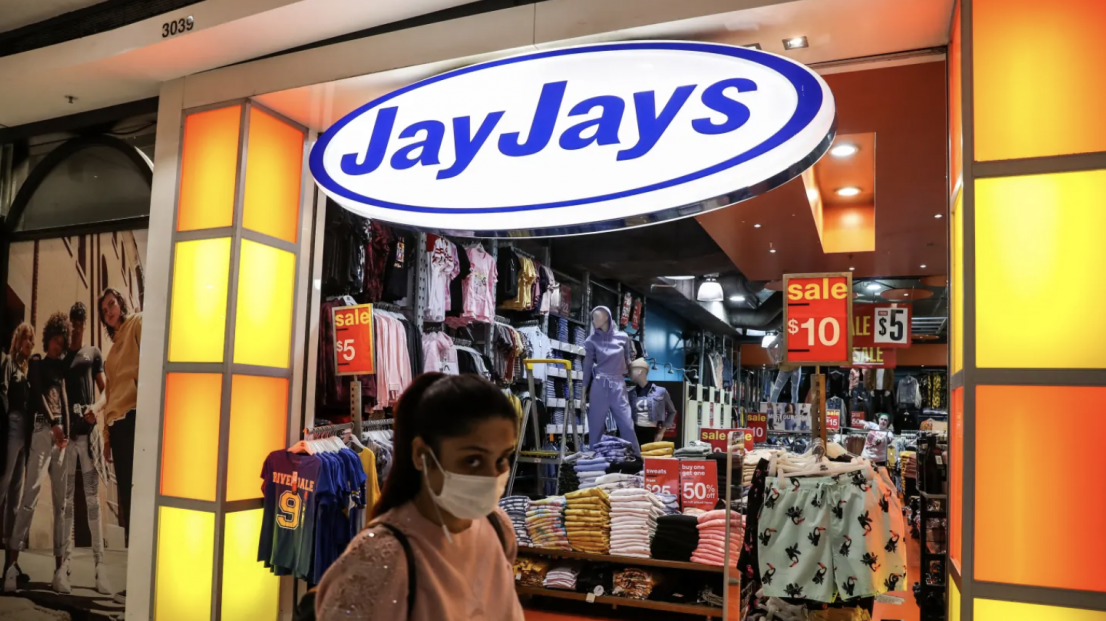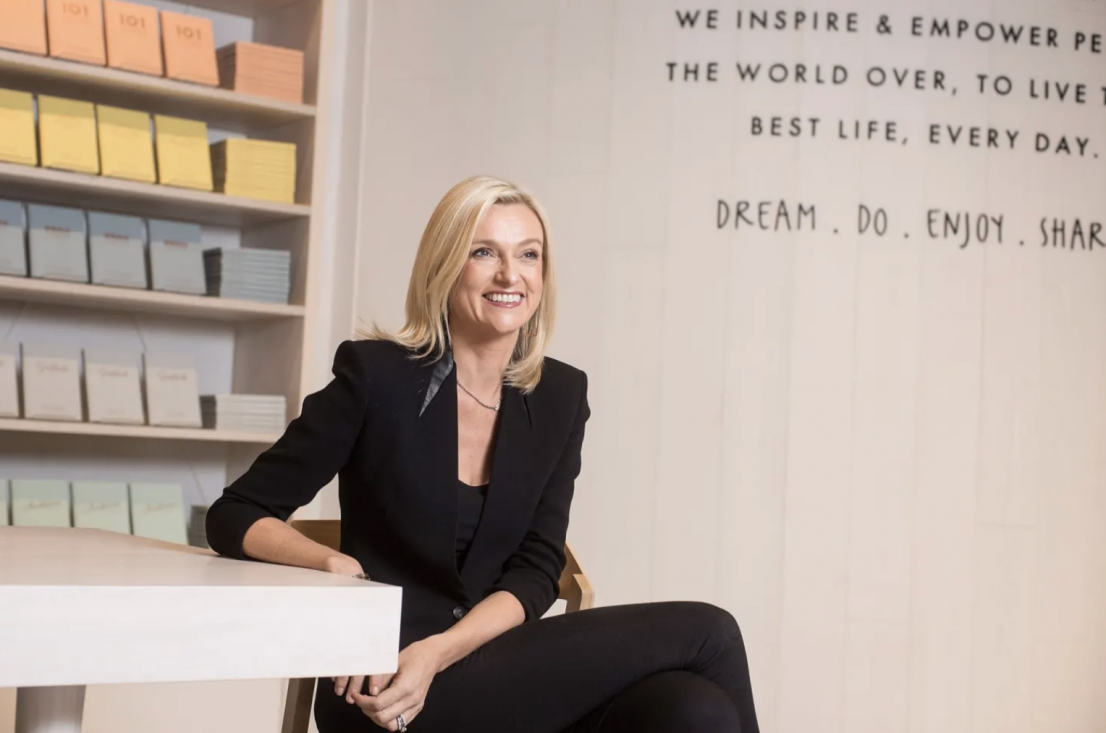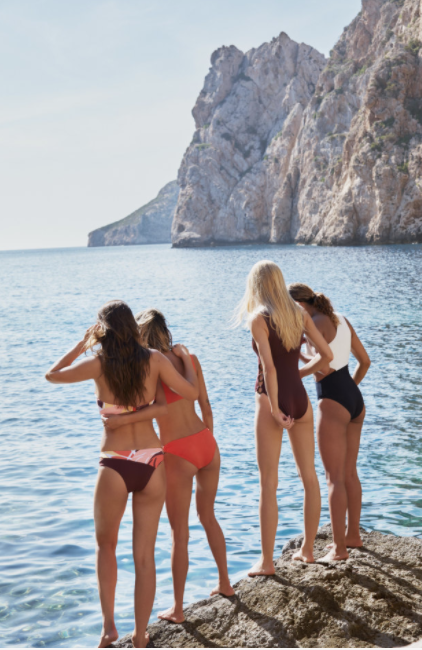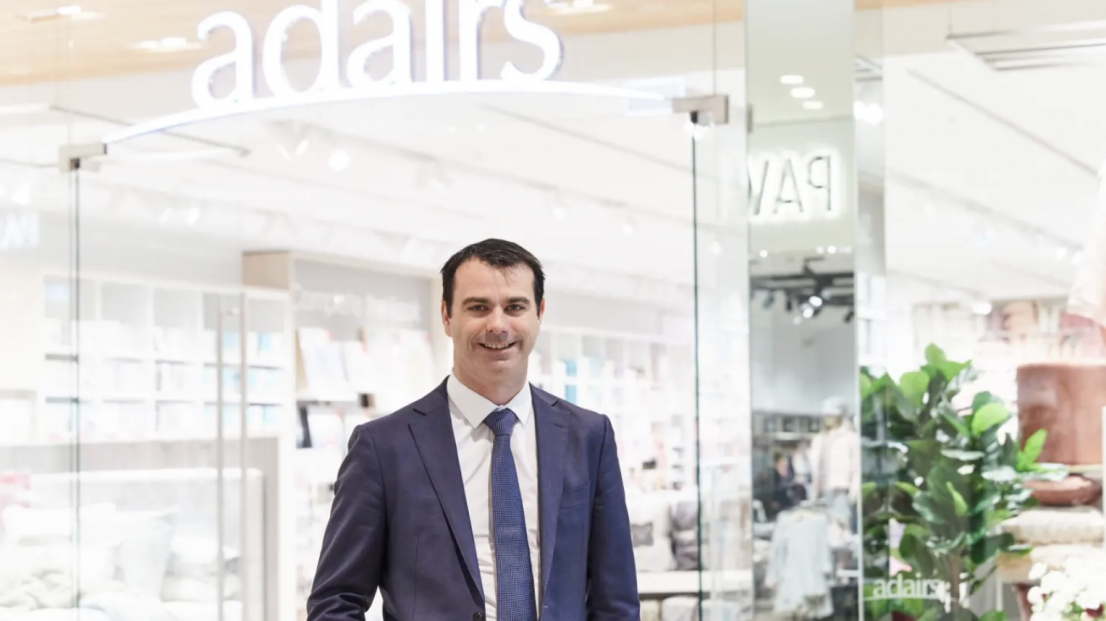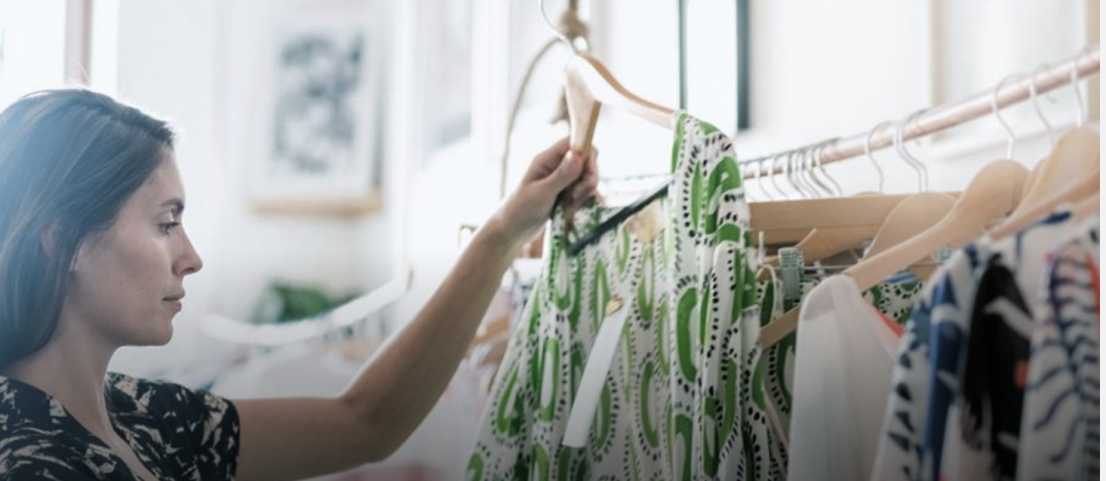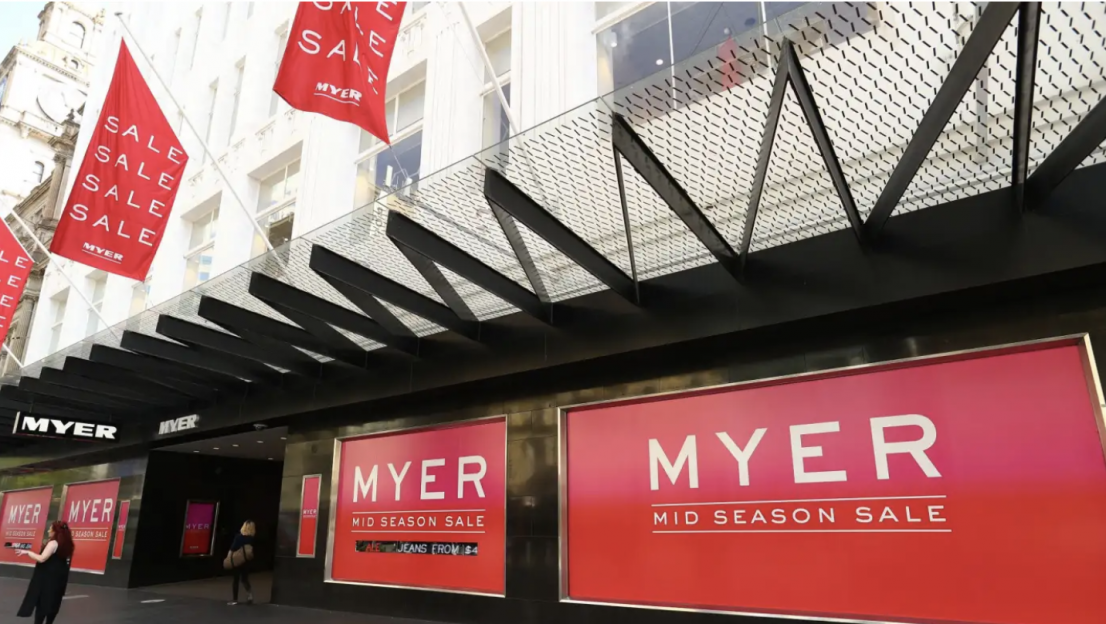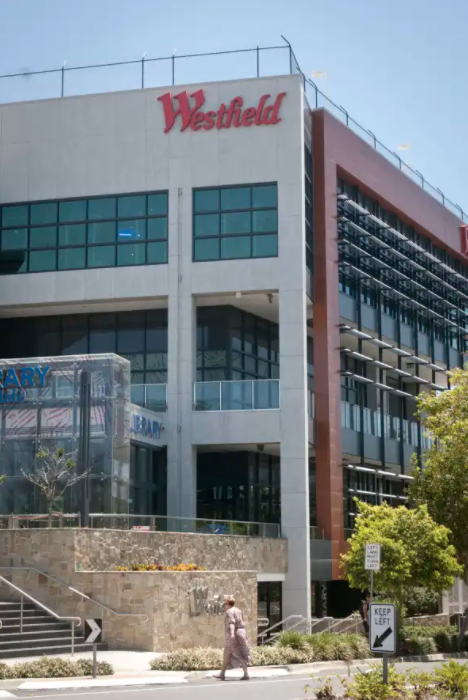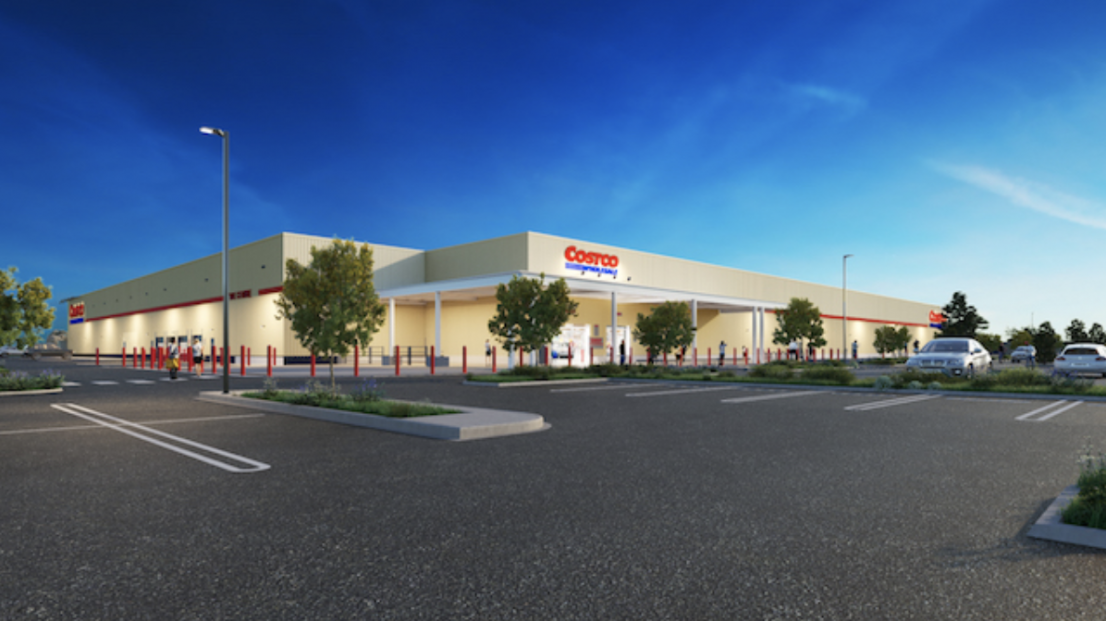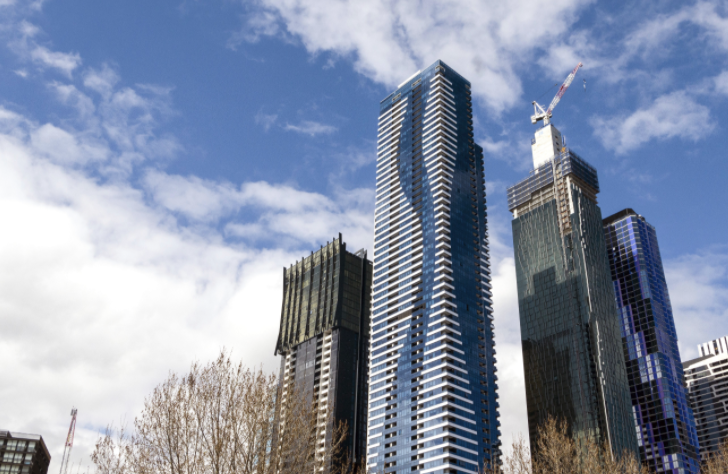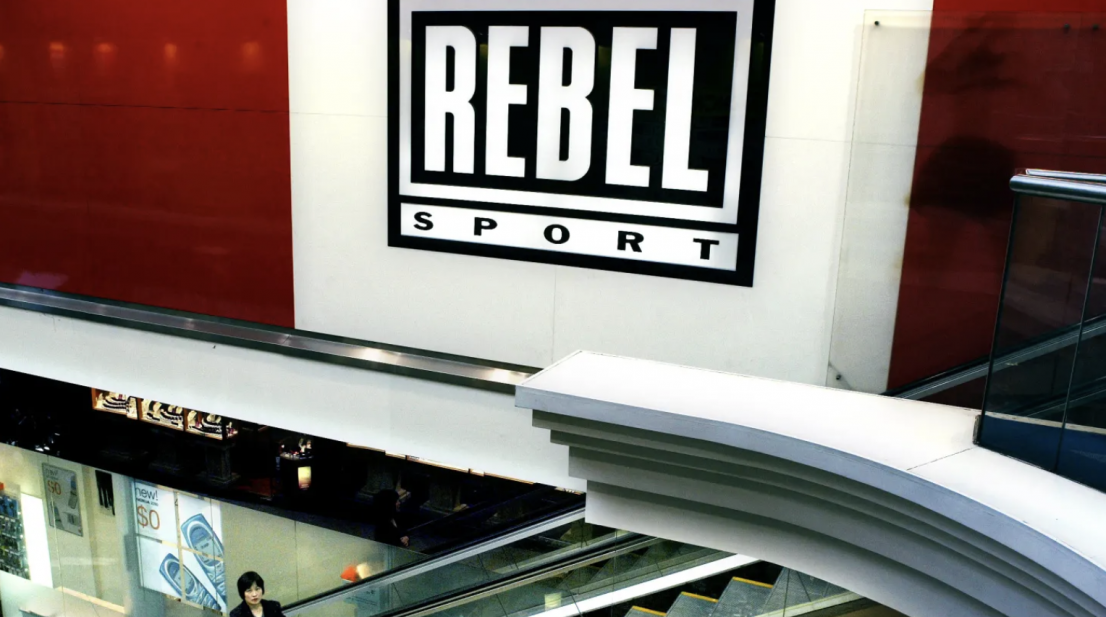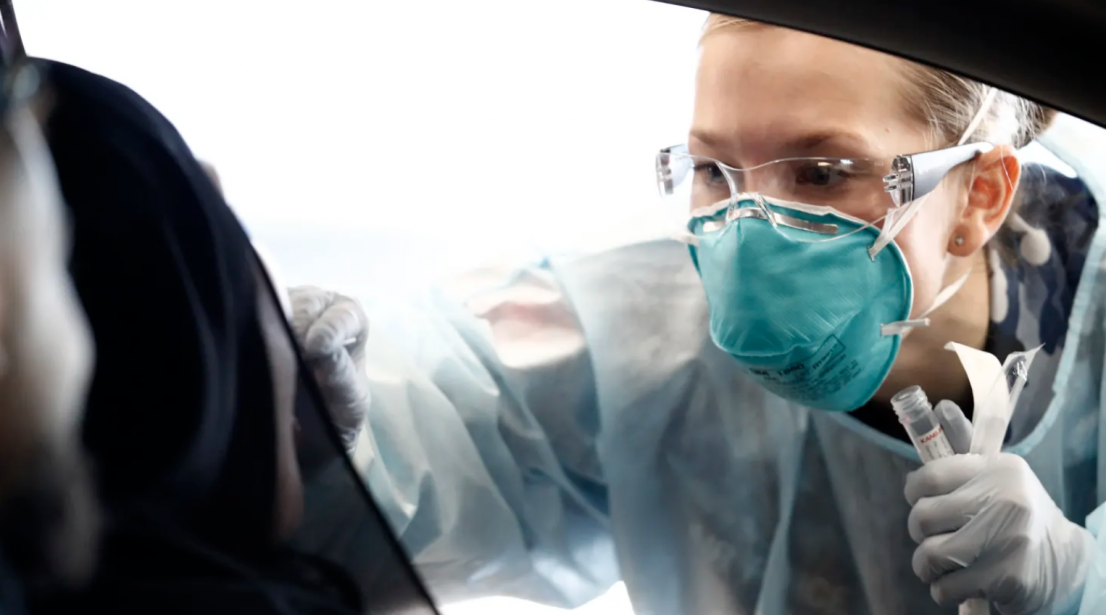
In an Australian menswear first, M.J. Bale will be 100% carbon neutral by the end of 2021.
The 11-year-old menswear brand, which operates over 50 stores across Australia, is working on a series of emission reduction strategies to reduce its carbon footprint.
Scientist Andrew Moore of Life Cycle Logic has begun a formal carbon footprint assessment of the entire organisation, including M.J. Bale’s extended ecosystem of partners and suppliers.
The assessment will be completed in early 2021, then independently audited.
Where existing technologies prevent the brand from eliminating carbon output, M.J. Bale will completely offset in verified projects operating within the regenerative agriculture and renewable energy spheres in Australia and abroad.
CEO Matt Jensen said the move is at the heart of brand values.
“As an Australian-owned brand we enjoy certain privileges of the land and environment.
"But these privileges carry responsibilities. We recognise that future generations of Australians will inherit the decisions we make today.
"And as we saw in the recent bushfires, if we lose our environment, we lose our communities and livelihoods. In my mind, investing in the environment is investing in our collective future – we don’t consider it optional.”
Life cycle assessment expert Andrew Moore praises the move.
“I've been impressed by the enthusiasm and level of commitment that everyone at M.J. Bale has demonstrated to a carbon neutral future for the brand.
“It has also been very encouraging to see how quickly the supply chain partners have become involved and transparently shared information on their operations.
"From my experience, these two ingredients – commitment and willingness to collaborate – are key for the success of a carbon neutral program.”




